story from DangrousMinds
Until videotapes replaced 16mm film projectors in the classroom in the mid-1980s, there was a very good chance that if you were British or American, that at least once, if not twice or more, you were going to see the animated 1955 version of George Orwell’s Animal Farm during your education. I can vividly recall being absolutely incredulous during a post-film discussion in high school, that the teacher we had seemed to have no idea, as in none at all, that Animal Farm was quite specifically a satire of the Russian revolution and the rise of Joseph Stalin. After I raised my hand to object and explained, no doubt with the cocky annoyance of a teenaged autodidact, that “Old Major” was a Karl Marx/Lenin figure, that “Napoleon” was Stalin, “Snowball” was Trotsky and so forth, she blithely dismissed what I said (she clearly had no idea of what I was talking about and so therefore had nothing to add) and remarked that “it could be one theory.”
No my dear, that would be the only fuckin’ theory. If you think American public schools are bad now, I put it to you that they’ve always been pretty shitty…
Animal Farm was directed by the husband and wife animation team of John Halas and Joy Batchelor. It is considered one of the greatest British films, something akin to a “serious” work from Disney. The film does not follow the events of the book very closely, especially the “hopeful” ending that Halas felt necessary to tack on. Orwell’s book ends with the animals numbly resigned to their exploitation by the porcine politburo in cahoots with the humans. This was considered too bleak and Halas wanted an upbeat ending. “You cannot send home millions in the audience being puzzled,” he said about the film in 1980.
But there is an interesting back story of how Animal Farm came to be made that most people are probably unaware of: The most famous British animated film ever made was in fact financed by the American CIA in an effort to encourage a negative view of the Soviet Union.
In 1951, using American taxpayer dollars, the CIA’s Office of Policy Coordination carried out obtaining the rights to the book from Sonia Orwell, the author’s widow, in an operation run by future Watergate criminal E. Howard Hunt. Two members of the Psychological Warfare Workshop staff who were working in undercover in Hollywood made the arrangements. To thank Mrs. Orwell, the CIA arranged for her to meet actor Clark Gable.Hunt chose as the film’s producer, Louis De Rochemont, the creator of the famed “March of Time” newsreel journalism films and De Rochemont had final say over all creative matters (Hunt worked for De Rochemont when he was younger). Over 80 animators worked on the film, including three Disney animators who were not credited, probably because they didn’t want to piss off Uncle Walt. Two of them went on to work on Yellow Submarine and Watership Down.
Vivien Halas, the daughter of the film’s directors, believes that her parents were innocent of knowing that the CIA was involved with the project:
“I don’t believe that my parents were aware of any CIA involvement at the time. Frances reminded me that, in the early 1950s, the CIA was not regarded with the same scorn as today. My father dismissed the idea, but my mother felt annoyed.” John Halas and Joy Batchelor would go on to do the Jackson 5ive and The Osmonds cartoons. Louis De Rochemont became paranoid about the CIA bugging him late in his life.
The film was completed in 1954 and distributed worldwide the following year, the first British animated feature ever to be so widely seen. Prints were made for schools and libraries the world over by the United States Information Agency (USIA). If you are over the age of 35 and saw the film in school, there is a very high likelihood that US taxpayer’s dollars paid for the print you saw. The animated Animal Farm, due to the whole “pigs are unclean” thing, was also thought to be effective anti-Soviet propaganda in the Middle East.
On the flip-side, the Soviet spin on Orwell’s 1984 is that the book’s nightmarish depiction of constant state surveillance was about everyday life in America.
Orwell Subverted: The CIA and the Filming of Animal Farm
The cartoon that came in from the cold (The Guardian)
How Big Brothers used Orwell to fight the cold war (The Guardian)


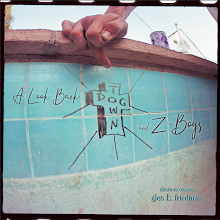


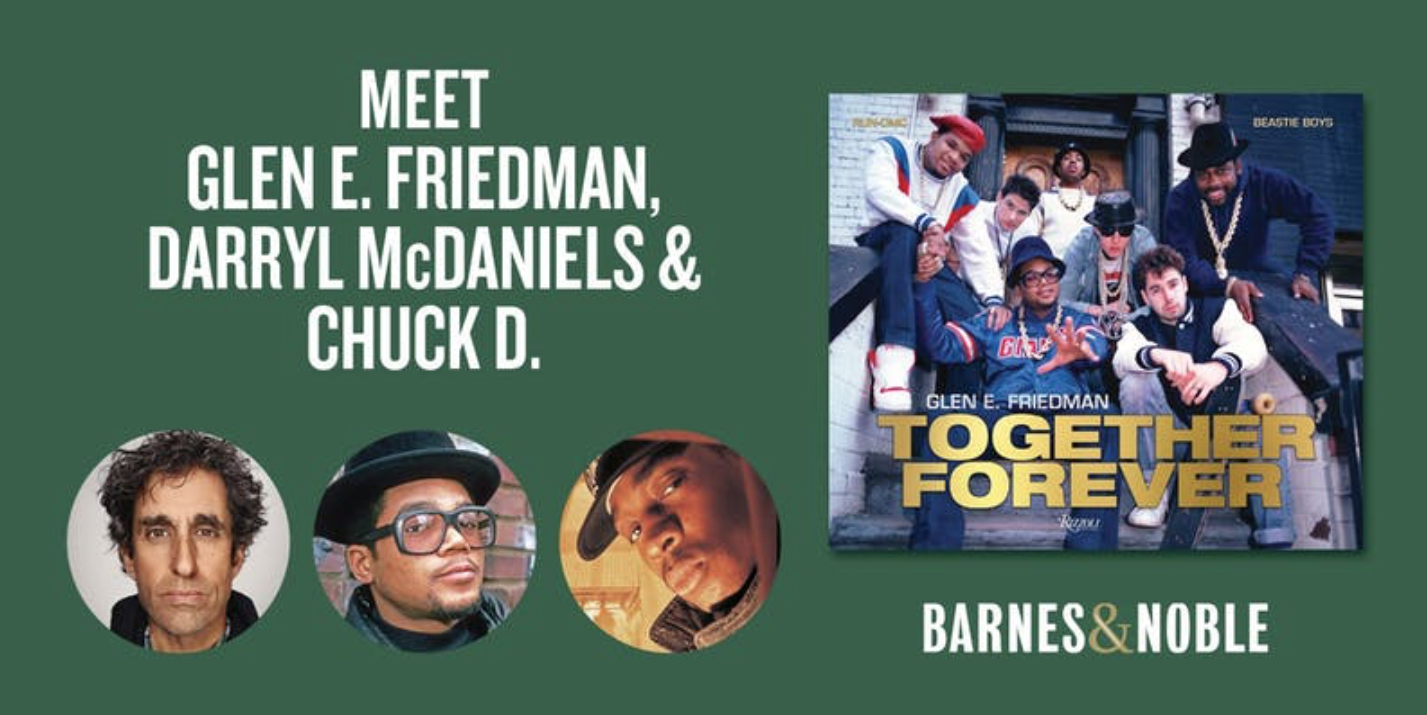

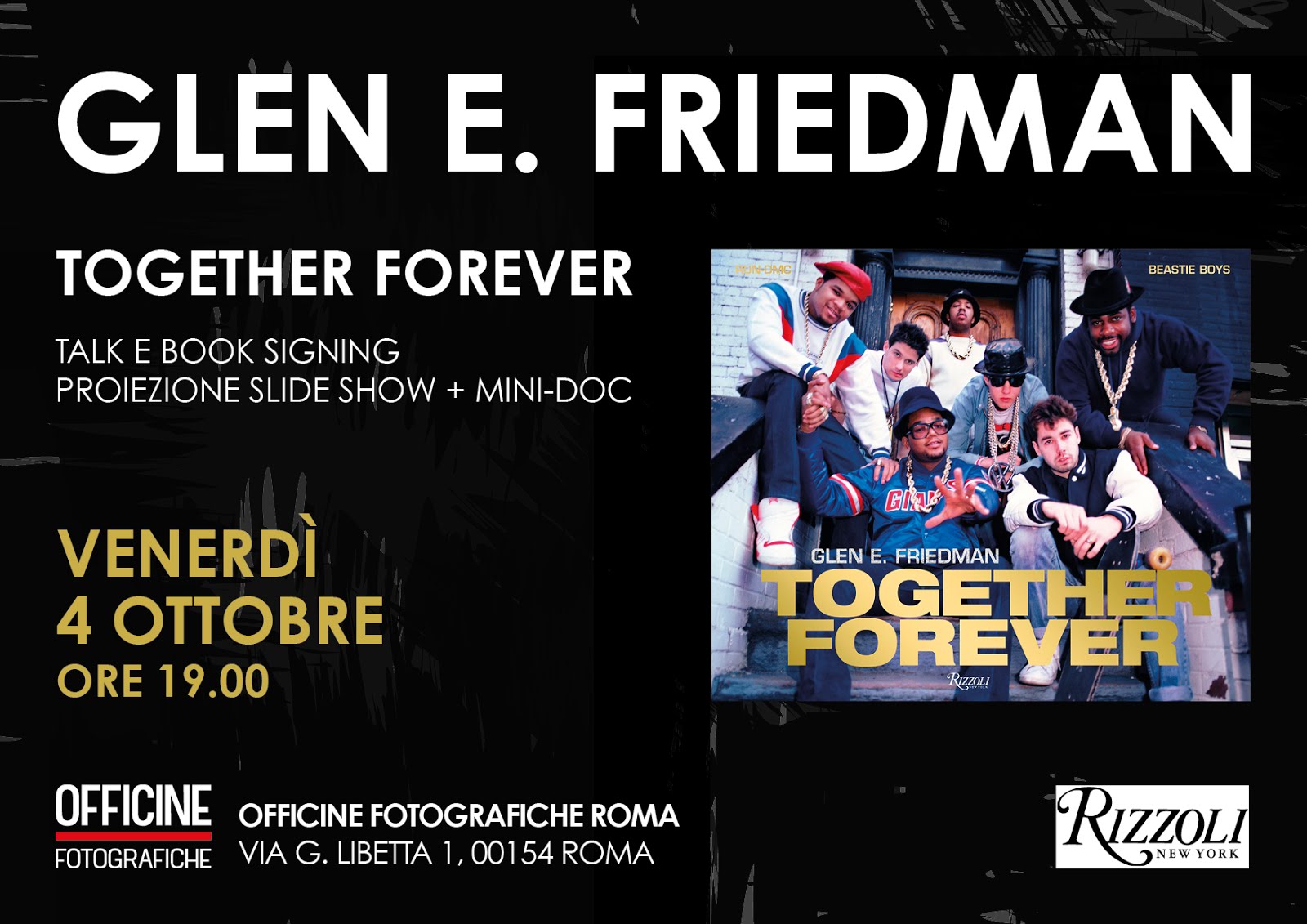

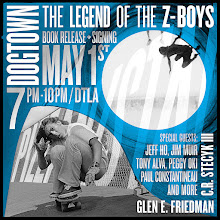
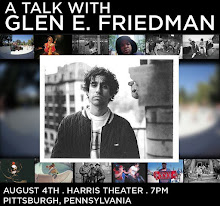
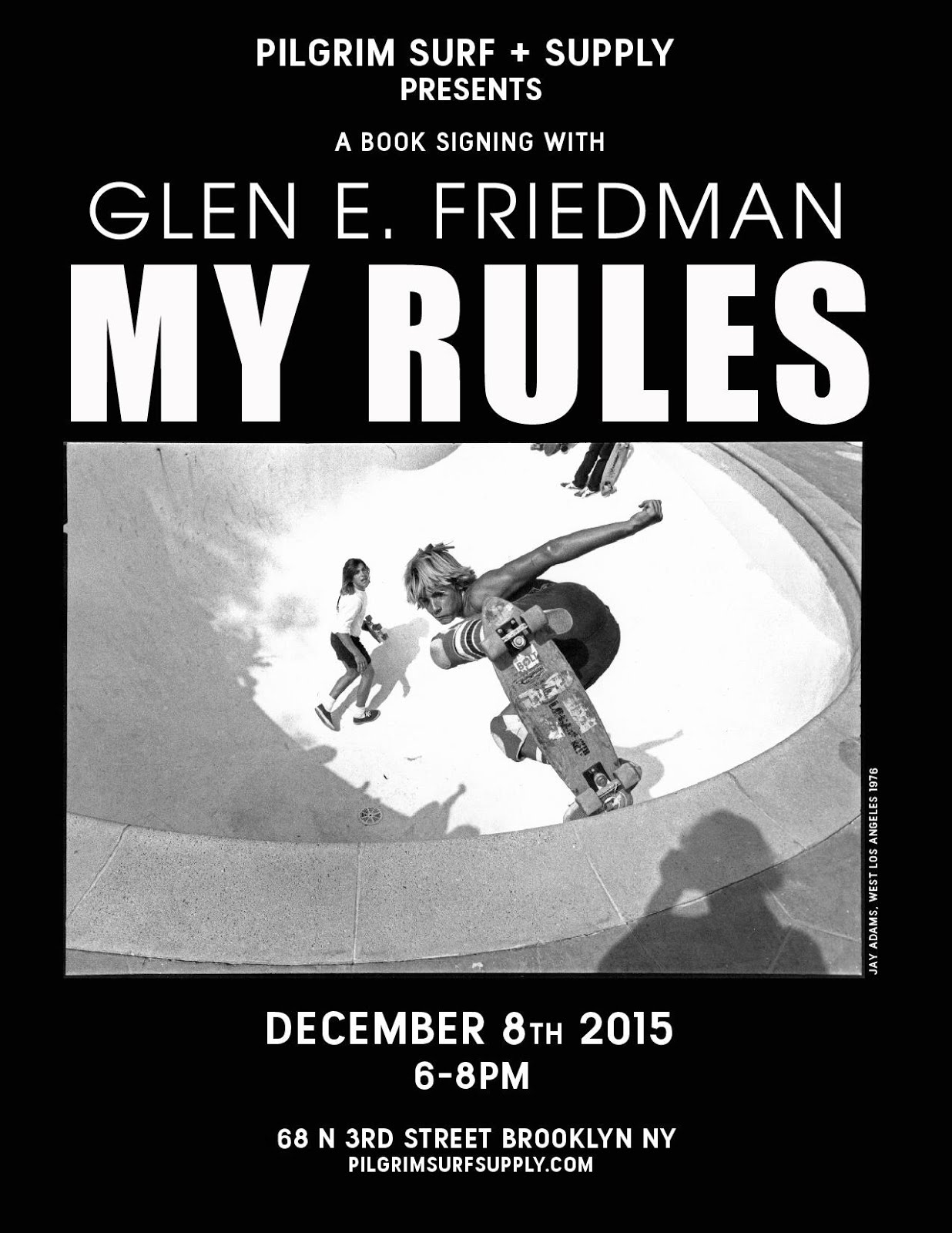

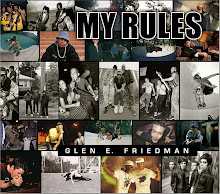

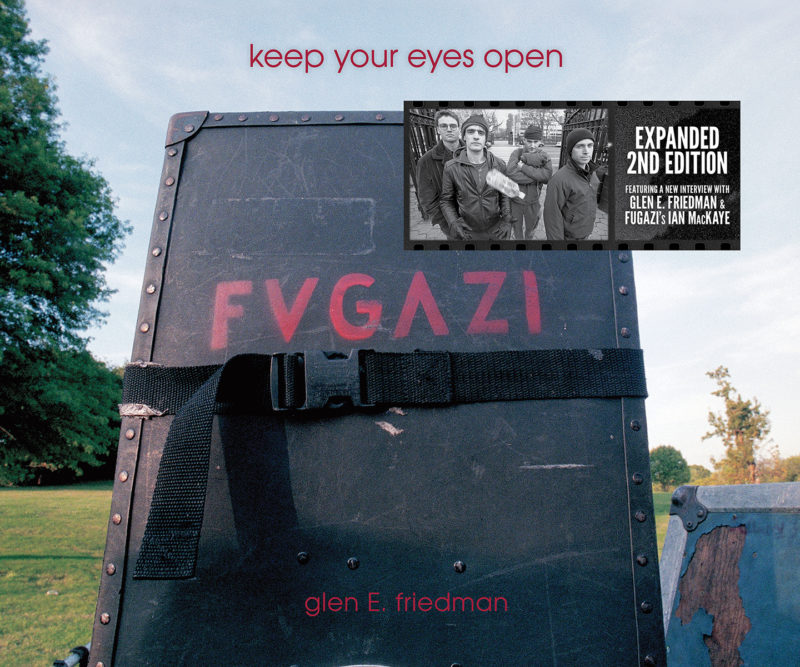

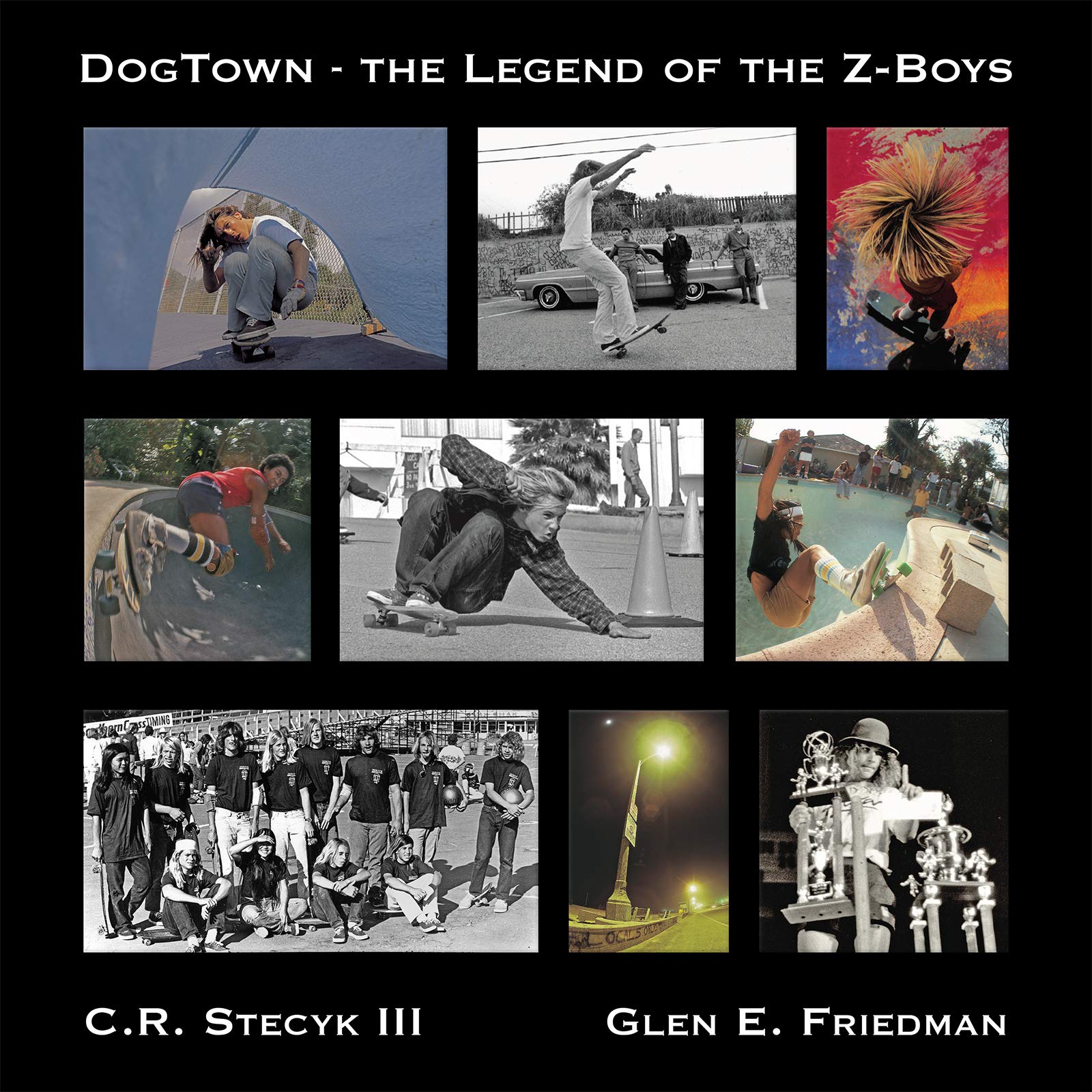
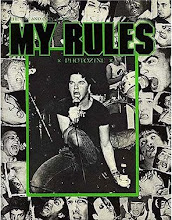



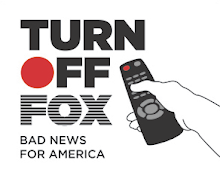

No comments:
Post a Comment